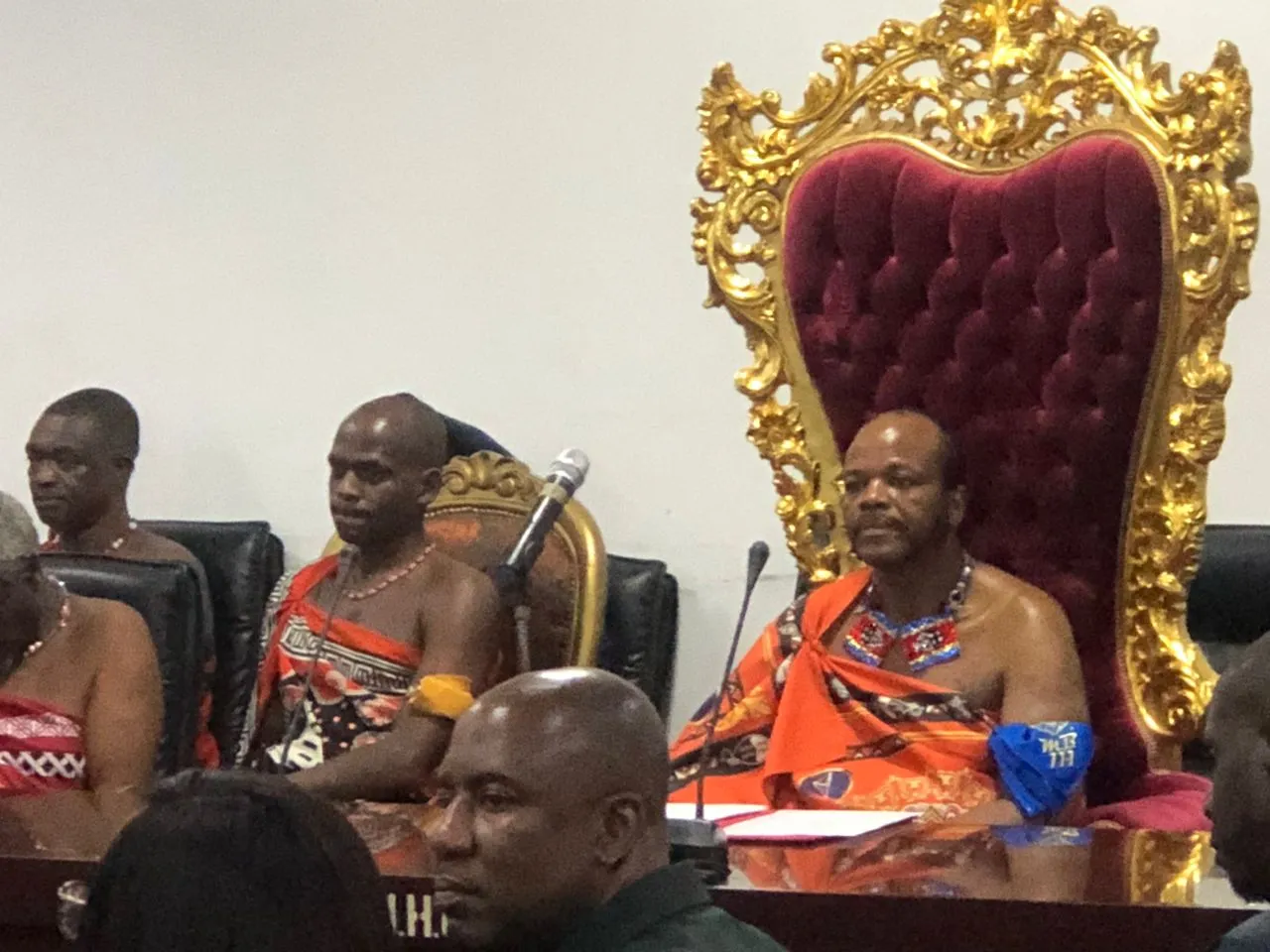
King Mswati III of Eswatini has called on African governments to formally integrate traditional leaders into national governance systems, describing them as essential partners in the continent’s development agenda.
Speaking at Ghana’s National House of Chiefs in Kumasi during an official visit, the monarch stressed the enduring value of hereditary leadership structures in stabilising communities amid frequent political changes.
“While governments change every four years, traditional leaders remain constant,” said King Mswati, Africa’s last absolute monarch. “This permanence allows chiefs to provide institutional memory and long-term vision that electoral cycles cannot sustain.”
His remarks resonated across a continent where questions over how to balance modern democratic systems with entrenched traditional authority continue to spark debate.
In many African nations, especially in rural regions, chiefs and kings remain key power brokers, often overseeing land, cultural identity, and local dispute resolution.
The Eswatini monarch’s visit marked a symbolic continuation of ties between the two kingdoms, following Asantehene Otumfuo Osei Tutu II’s diplomatic trip to Eswatini in 2015.
The latest engagement also points to a broader trend of traditional leaders asserting greater visibility on continental issues, especially after the African Union created a Permanent Forum on Traditional Authorities in 2022.
Ghana’s Minister for Chieftaincy and Religious Affairs, Ahmed Ibrahim, voiced support for the monarch’s position. “Eighty percent of land in Ghana is held under customary law.
When we speak of development projects—roads, schools, hospitals—we must work through the custodians of these lands,” he said.
That role was recently underscored during mining negotiations in Ghana’s Ashanti region, where local chiefs successfully mediated agreements between global mining firms and impacted communities.
Still, the growing influence of traditional institutions is not without controversy. Some political scientists argue that integrating these systems into formal governance must be approached cautiously.
“While chiefs provide cultural continuity, we must ensure their advisory role doesn’t undermine democratic accountability,” said one analyst. “The challenge lies in creating complementary rather than competing systems of authority.”
As King Mswati concluded his three-day tour, officials from both nations announced the launch of a joint cultural heritage programme and a new student exchange scheme—initiatives aimed at turning diplomatic goodwill into tangible cooperation.
The visit underscored an emerging continental dialogue: how best to harmonise Africa’s twin legacies of tradition and democracy in shaping its governance future.



